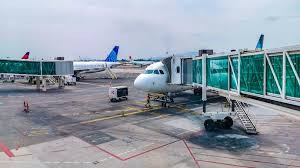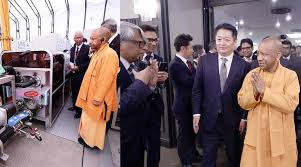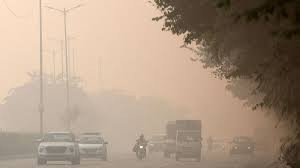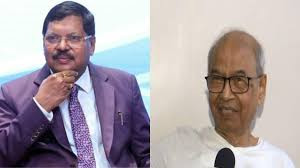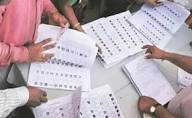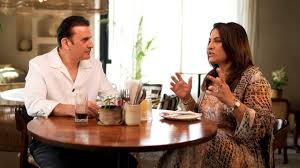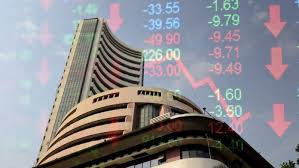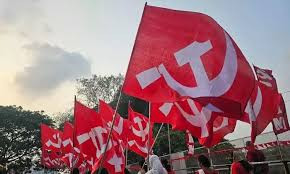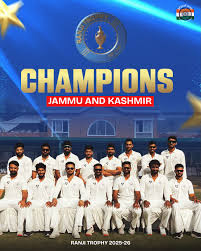PM Modi Clarifies to Trump: No Third-Party Mediation or Trade Talks with Pakistan Amid Current Tensions
IIE DIGITAL DESK : Prime Minister Narendra Modi informed then US President Donald Trump that India would neither engage in any trade negotiations with Pakistan nor accept third-party mediation on bilateral issues, including Kashmir. This conversation, which took place over the phone, came amid rising tensions between India and Pakistan following the abrogation of Article 370 in Jammu and Kashmir.
PM Modi reiterated India's long-standing position that all matters related to Pakistan must be addressed bilaterally and that any suggestion of mediation, including from the United States, is unwelcome and unnecessary. The statement comes in direct response to earlier remarks made by President Trump claiming that Modi had asked him to mediate on Kashmir—an assertion that sparked a diplomatic stir and was immediately denied by the Indian government.
During the phone conversation, Modi emphasized that “extreme rhetoric and incitement to anti-India violence by leaders of Pakistan” must stop if there is to be any chance of peace in the region. He expressed concern over Pakistan’s support to cross-border terrorism and stressed that creating an environment free of terror and violence is the first requirement for resuming any formal engagement.
The Indian Prime Minister reportedly conveyed that while India seeks peace and development for the region, including Jammu and Kashmir, it will not tolerate external interference in its internal matters. He pointed out that the constitutional changes made in Jammu and Kashmir were aimed at ensuring better governance, development, and integration of the region with the rest of India.
On the issue of trade talks, Modi stated unequivocally that India is not considering any form of negotiation or resumption of trade with Pakistan under the prevailing circumstances. This came after media speculation that back-channel talks might be under way to restore trade ties, which have remained frozen since the Pulwama terror attack in 2019 and India’s retaliatory Balakot air strikes.
PM Modi also briefed President Trump about the security situation in the region, particularly the steps taken by the Indian government to ensure law and order in Kashmir. He said the region has remained peaceful despite attempts by Pakistan-based actors to create unrest and international misinformation campaigns.
In response, President Trump acknowledged India’s concerns and reiterated the importance of resolving regional disputes through dialogue and peaceful means. However, he did not press further on the subject of mediation, suggesting a diplomatic shift in Washington’s tone after India's firm stance.
The call also covered broader aspects of the India-US relationship, including defence cooperation, strategic partnerships in the Indo-Pacific region, and economic collaboration. Both leaders expressed satisfaction with the state of bilateral relations and agreed to continue working together on global issues such as counter-terrorism and trade.
The development reinforces India’s consistent rejection of foreign mediation in the Kashmir issue. Successive Indian governments have maintained that Kashmir is a bilateral issue to be resolved between India and Pakistan, without the involvement of third parties.
India’s External Affairs Ministry later released a brief statement reaffirming that the conversation between the two leaders was constructive, and that Modi had communicated India’s position clearly on all issues of concern, particularly Pakistan’s actions and propaganda on Kashmir.
This firm diplomatic communication is seen as part of India’s broader strategy to counter Pakistan’s international lobbying efforts, especially at the United Nations and in various Western capitals. India has sought to portray Pakistan as a state sponsor of terrorism, unwilling to engage in constructive dialogue or abandon violent tactics.
The phone call not only clarified India’s stance but also aimed at closing any confusion or diplomatic space that Pakistan could exploit by suggesting the involvement of external powers in the Kashmir dispute.
You might also like!





